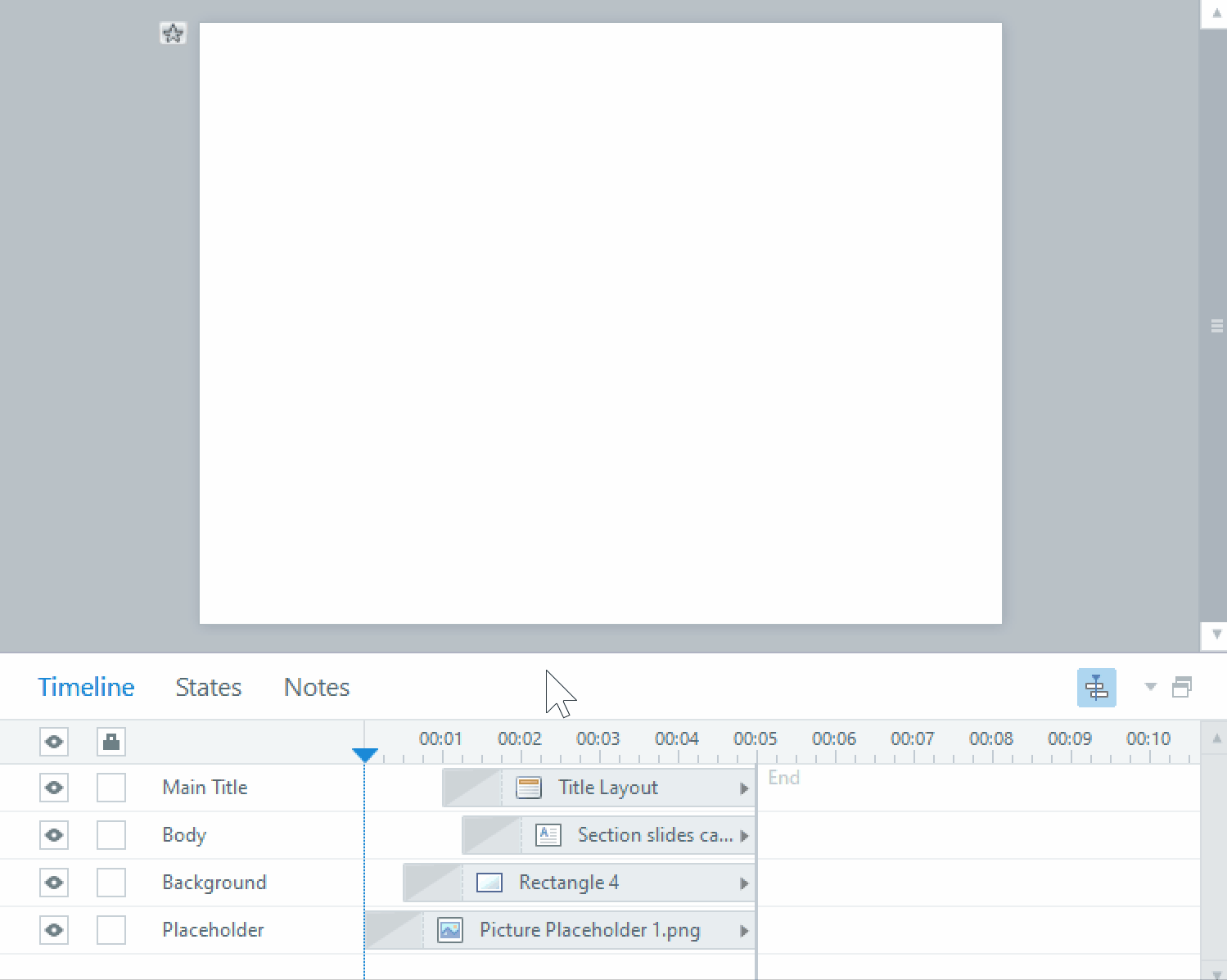How to become time-effective when programming an eLearning module
There have been times when, as a company, we have faced very difficult challenges when programming eLearning modules, and it’s almost never because of our lack of skills or experience, but because the timelines we are given for the development of a module is way too reduced compared to its requirements.
Of course, our first go-to plan to comply with the times of the project, is to pull all-nighters or use multiple resources, hoping for the best and that Murphy’s law doesn’t apply to us. Unfortunately, and after a few disastrous experiences, there will always be something that goes wrong when our margin of error is almost zero (or zero for that matter).
So, after countless cups of coffee and numerous walks to the washroom (mainly to sprinkle water in our faces), we find our selves wondering, why did we end up in this situation? What could have been done differently?
Let’s assume that due to the nature of the project, deadlines are not negotiable and that missing them could signify for us, and for the client especially, losing money (some times big quantities, unfortunately). So, how do we handle the development in situations like this and not lose ourselves in despair?
First, keep calm and think straight. I am a firm believer that stress only leads to poor decision making. Keeping your cool will be reflected on how effective you are when doing your tasks, it will also help you to easily create plans for you and the whole team, and most importantly, your health won’t be affected.
Second, don’t rush things. It may be true that there is not much time to develop the eLearning module, but that doesn’t mean that you can’t take your time (reasonably) to do things. I come from a Spanish speaking country and we have an idiom that says “rushing things only leads to tiredness”, and it’s true, must of the time you will skip essential parts development by rushing on completing your tasks, and at the end of the day, you will find yourself tired and with a bunch of things to correct. So if you are given a specific amount of time to develop a task, make sure you seize every second of that time interval, but work smart.
Third, like a said on the above paragraph, work smart. Just because something has to be developed, doesn’t mean you have to always start from scratch. You don’t have to reinvent the wheel. And by that I mean, you can always recycle elements, interactions, designs from other modules, especially interactions, and you will see that will save lots of time, that you can invest on other tasks, or on testing your own development. So make sure you a library of things that can be reusable, not only for critical projects but for projects that have more margin of error.
And four, QA as you go. Usually, what we do is that we program and at the end, we test the eLearning module and correct things that need to be corrected, and by usually I mean always. But testing every time you implement a functionality, animation, graphic, etc., will save you a lot of time when doing your final QA.
If you want to know more about the workflow for programming eLearning modules or want to know more about us, make sure to visit our blogs and website at www.pathwaystrainingandelearning.ca.
















